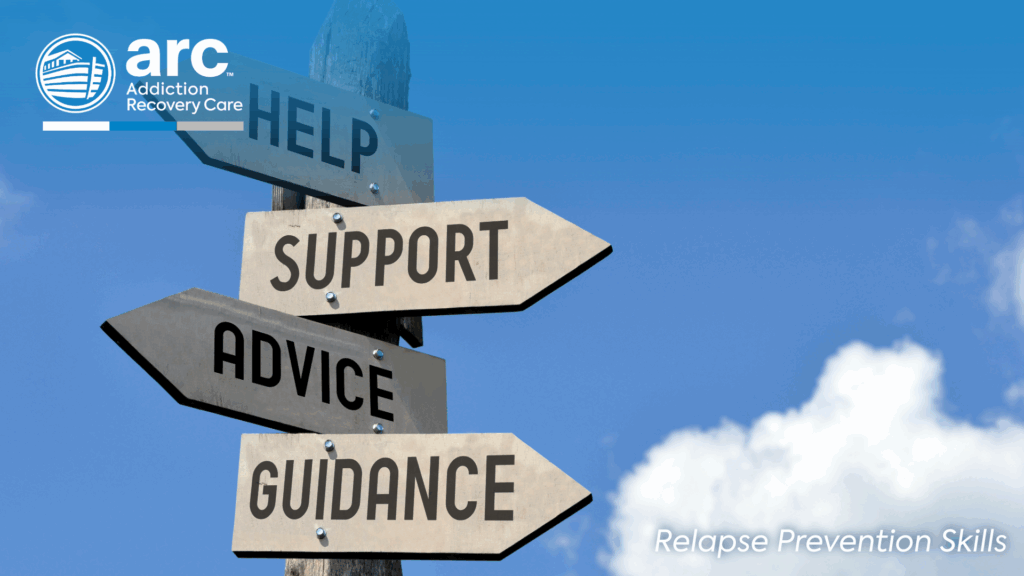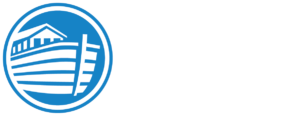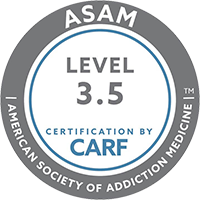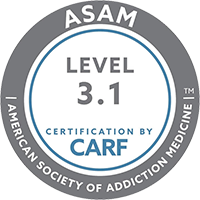
Recovery is not a straight line. It’s a lifelong journey of growth, healing, and learning. For many, one of the biggest fears in recovery is the possibility of relapse. It’s crucial to understand that relapse doesn’t mean failure. It’s often a sign that you need more tools, more support, or an adjustment to your strategy.
The good news is that there are proven, practical ways to reduce your risk and stay strong in your recovery. By actively preparing for challenges, you are building a foundation for a healthier future.
Here are ten practical, real-life tools that can help you or your loved one build lasting strength against relapse.
1. Know Your Warning Signs: The HALT Check
One of the most effective ways to prevent a crisis is by addressing basic needs. HALT stands for four feelings that can quickly lead to low emotional reserves, making you vulnerable to cravings:
- Hungry
- Angry
- Lonely
- Tired
When you feel triggered or overwhelmed, take a moment to ask yourself, “Am I H.A.L.T.?” Meeting those basic physical and emotional needs immediately can help bring your recovery back into balance.
2. Take Care of Your Body and Mind
Recovery takes energy, and that means self-care is essential. Lack of sleep, poor nutrition, and exhaustion can make you more vulnerable to cravings. Try to keep a simple daily routine: eat balanced meals, move your body, and aim for regular sleep. When your body feels better, your mind follows.
3. Know Your Triggers
Triggers are anything that reminds you of past use: certain people, places, emotions, or even smells. Make a list of both internal triggers (like anxiety or stress) and external triggers (like environments or people). Knowing what they are helps you plan ahead so you can make healthy choices before temptation arises.
4. Practice Mindfulness
Mindfulness is about slowing down and paying attention to the present moment without judgment. Simple breathing or meditation exercises can help you stay grounded when cravings hit. Try repeating this phrase during quiet moments:
“May I be peaceful and at ease. May I be strong. May I be free.”
Even a few minutes a day can reduce stress and increase your awareness of what you’re feeling and why.
5. Use Grounding Techniques
When anxiety or cravings rise, grounding helps bring you back to the present. Try this simple exercise:
5-4-3-2-1
- 5 things you can see
- 4 things you can touch
- 3 things you can hear
- 2 things you can smell
- 1 thing you can taste
This quick reset can help you refocus your thoughts and calm your emotions in the moment.
6. Stay Connected
Recovery isn’t meant to be done alone. Support groups like AA, NA, or Celebrate Recovery offer connection, accountability, and encouragement from people who truly understand. Surrounding yourself with others in recovery helps replace isolation with community, and that’s one of the strongest relapse prevention tools there is.
7. Practice Deep Breathing
Deep breathing is a simple yet powerful tool you can use anywhere. It releases calming neurotransmitters in your brain, signaling that you are safe. Try the 4×4 breathing exercise: Inhale slowly for four counts, hold for four counts, and exhale for four counts. Repeat until you feel your body start to release stress and tension.
8. Keep an Emergency Contact List
When the urge to use feels strong, it’s important to have someone you can call. Make a list of people you trust, such as sponsors, family members, or friends in recovery, and keep it with you. Reaching out for help is a sign of strength, not weakness.
9. Play the Tape Through
When temptation strikes, use the mental tool of Playing the Tape Through. Imagine the entire story: what will happen if you use, and what will happen if you don’t. Visualizing the painful consequences of relapse (shame, guilt, relationship damage) versus the benefits of staying sober can help solidify your decision to choose the healthy path in that critical moment.
10. Ask for Help
If you’re struggling, reach out. Talk to your support group, counselor, or treatment provider. Relapse prevention isn’t about perfection; it’s about progress and preparation.
With the right tools and support, you can stay strong and continue moving forward toward a fulfilling life in recovery!





